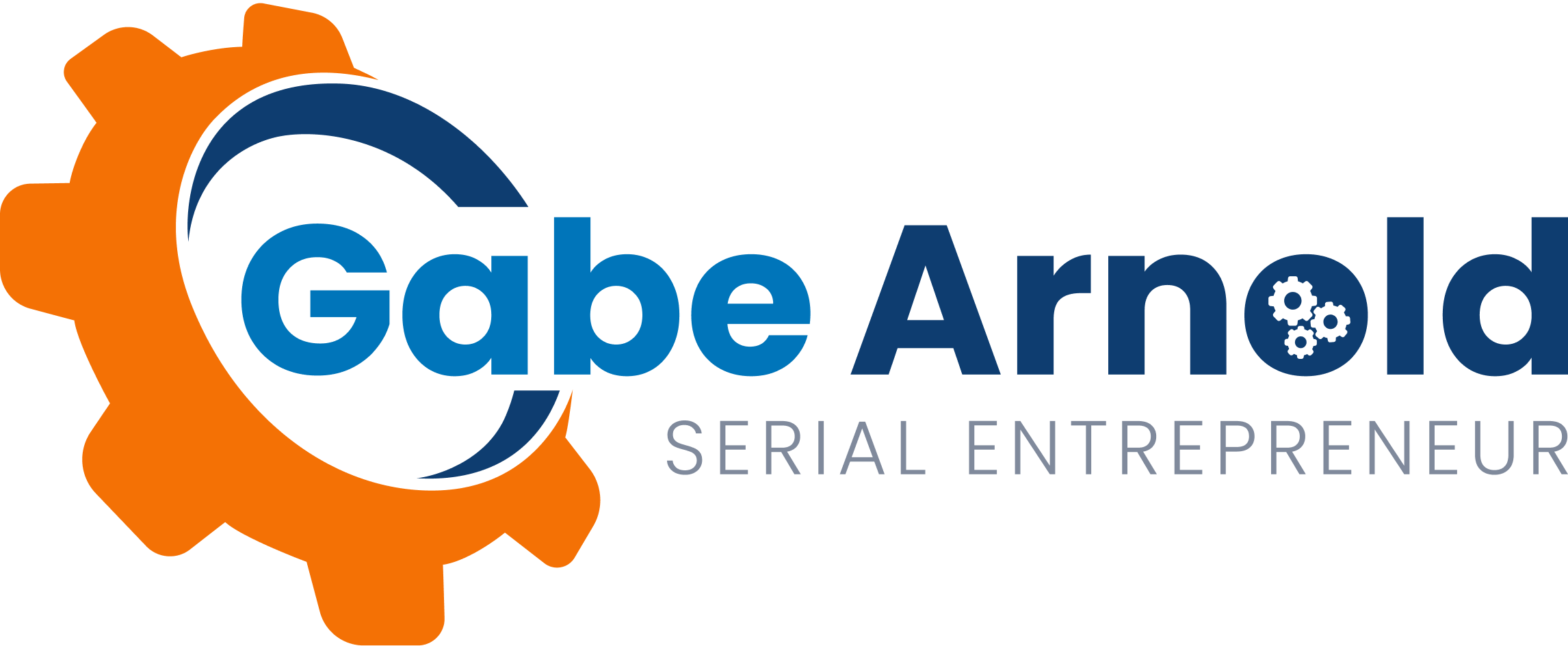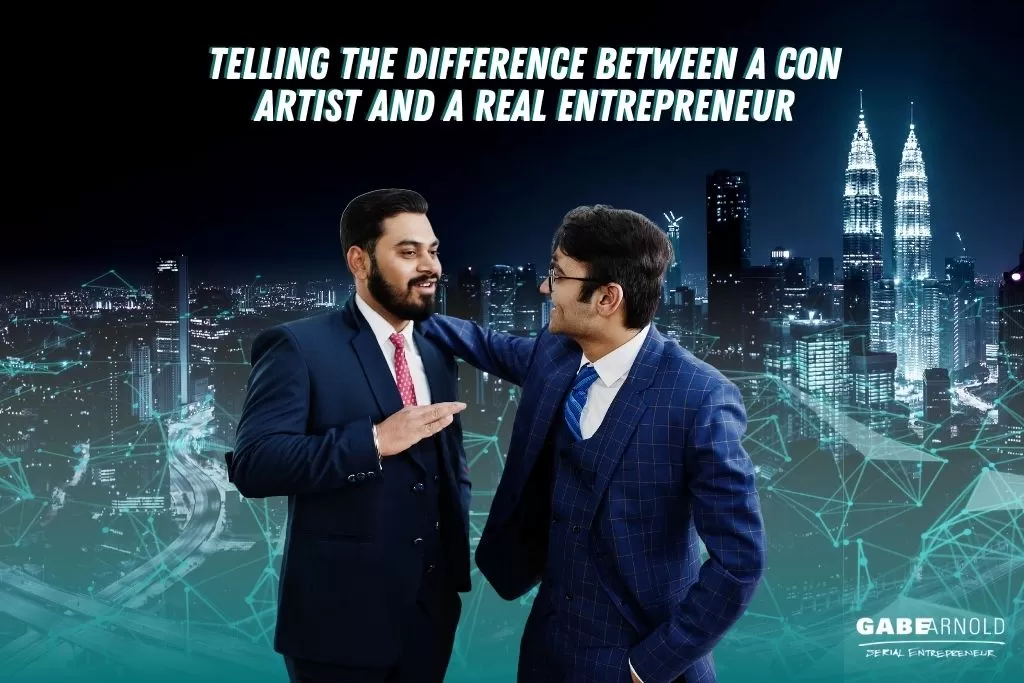Planning for success takes more than most people may think. Executing a task to accomplish a goal is one thing, but planning and organizing your goals is one of the best ways to see your progress.
Like most entrepreneurs, I am constantly working on new ways to work more efficiently and find a balance between my work and personal life. Whether that’s buying a new hot tub to act as my reflection space or attending a friends’ masterclass on momentum planning. I believe that if you find a new way to make things better for yourself, why not do it?
I’ve recently been working through Alex Charfen’s momentum planner. His planner is designed to help entrepreneurs accomplish their goals. I realized that I wasn’t taking time to strategically plan my eventual goals and that I was just chasing the next task or hyper-focusing on the current one.
Alex’s planner has helped me organize my thoughts and prepare for reaching my goals. Sometimes, it is hard for me to step back and look at the big picture. Putting on the blinders when working on things is dangerous for entrepreneurs in many ways, and today we’ll be talking about how that relates to con artists.
How to Spot a Con Artist
As an entrepreneur with over 20 years of experience, I’ve dealt with my fair share of con artists and scammers. Luckily, I’ve observed similar patterns in most of them which helped me realize that they weren’t real entrepreneurs. I’m going to share my observations with you as well as my most recent ordeal with a con artist.
At first, most of these con artists seem like legit entrepreneurs who are interested in working with you in some way. In my most recent experience, this person wanted to be a guest on my other podcast, “Today’s Business Leaders” and eventually wanted to work with me on a project.
This person came on my podcast and explained how a failed suicide attempt gave the push that was needed to turn their life around eventually have massive success. I immediately felt empathetic for this person, as I have known people in my life who have attempted suicide.
Looking back, I’ve heard similar stories from other con artists. They try to appeal to your empathy and pull on your heartstrings. Their sadness-to-success stories also help them seem more legitimate.
After this person’s appearance on my podcast, they hired me and paid me a small sum of money for a project. This, I figured out, was also another way for them to seem real. It was at this point that I noticed things weren’t what they seemed.
Any real entrepreneur knows how to delegate, especially when collaborating with someone else. Real entrepreneurs will delegate tasks to you as they see fit, but they are still ultimately responsible for the project’s completion and success. This person didn’t see it that way.
In this person’s eyes, I was responsible for the success of the project and it was my fault if it failed. Their behavior immediately threw me off, and I reminded them of what I was there to do. After challenging them, they became incredibly rude and disrespectful to me and my team.
At this point, I stopped the project. If there’s one thing I will not tolerate, it’s disrespect toward my team. After trying to talk things out with this individual, they stopped all contact with me and refused to continue.
I had wasted my time, my team’s resources and money for someone who was a con artist. I recently found out that this person has conned a lot of people like me.
Trust Your Gut
The bottom line is, don’t put your blinders on when working with others. If you’re like me, you get excited with each new opportunity and may overlook potential red flags.
Take time to vet the people around you. Trust your instincts if things don’t feel right. Ask around to see if your colleagues have worked with this person before. It’s always better to be safe than sorry.
I hope my experience with con artists helps you become more aware of potential threats to your success. Let me know what you think in the comments and contact me with all your entrepreneurial questions.


